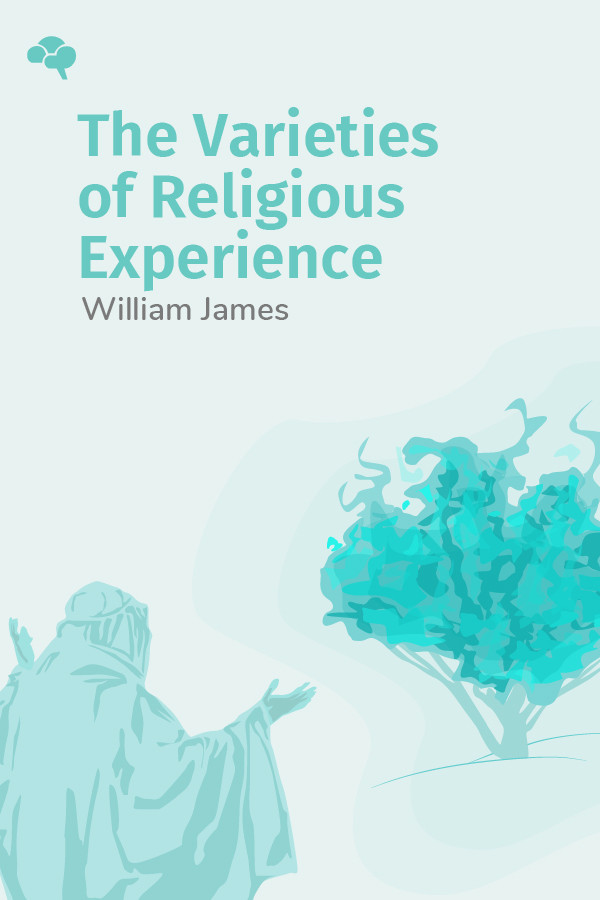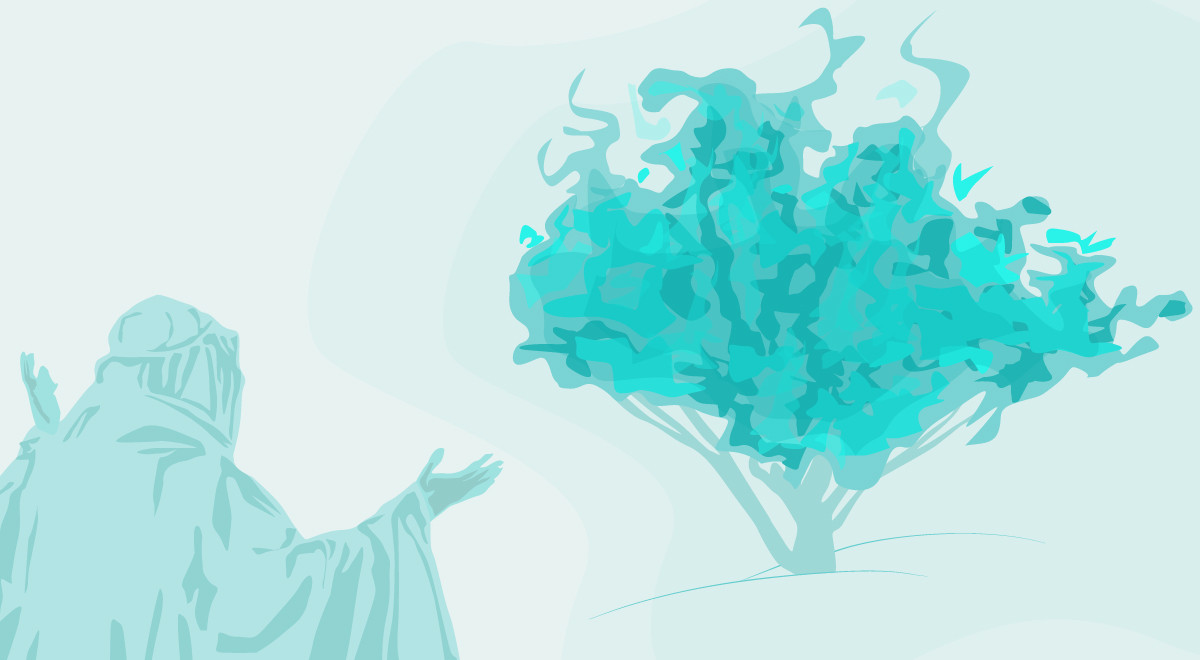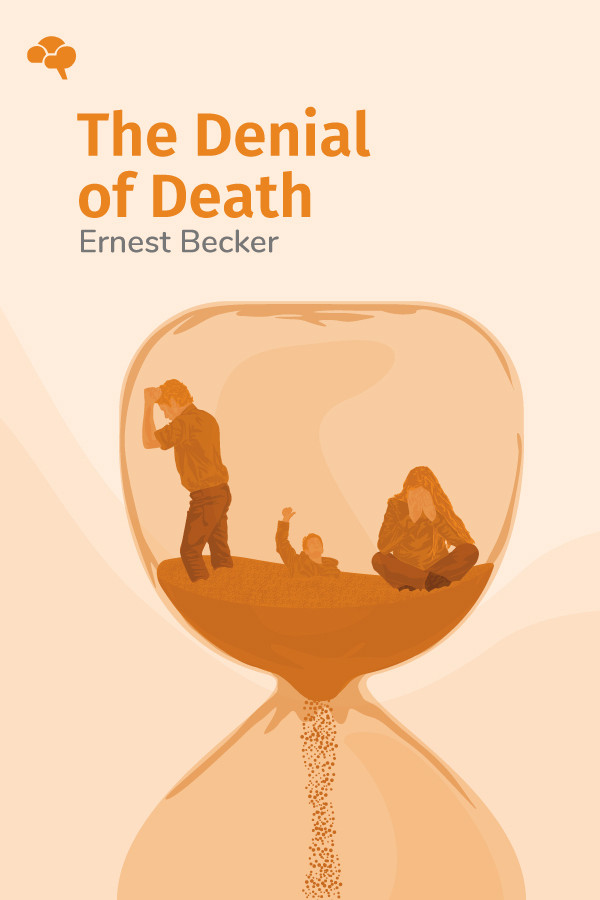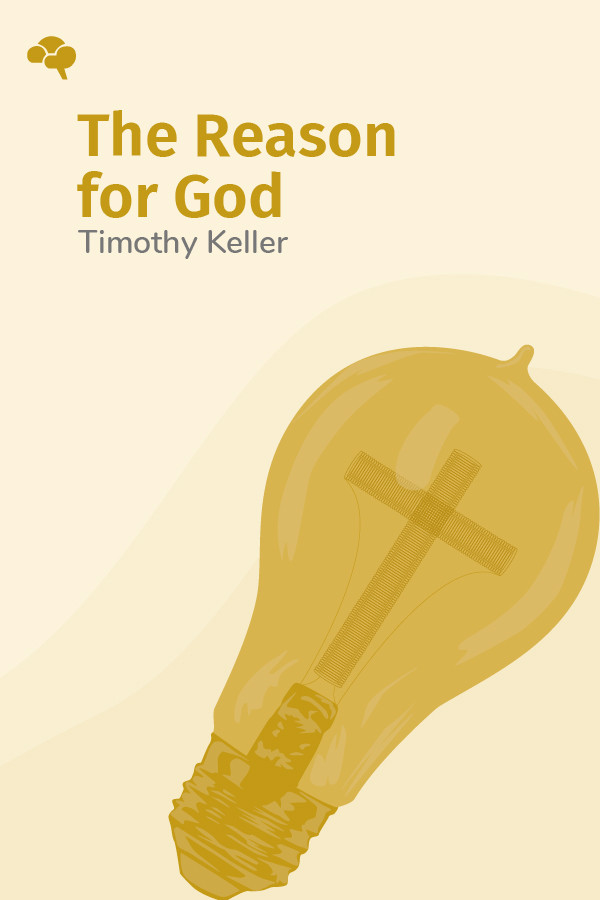

What You'll Learn:
Many consider William James the father of American psychology. James taught psychology and then philosophy at Harvard in the late 1800s and early 1900s, and his works have profoundly influenced political and intellectual figures, from Bertrand Russell to Jimmy Carter. The Varieties of Religious Experience is a compilation of lectures he gave in Scotland between 1901 and 1902 about the diversity and significance of personal religious life.
Key Insights:
- This work deals not with religious institutions but the private experience of religion.
- Finding a single, encompassing definition of religion is impossible and limiting.
- Validity of a mental state is not determined by its origin but by its fruit.
- Direct religious experience anchors beliefs far more securely than logic does.
- Happiness is man’s chief concern.
- Mystical states of consciousness lie at the root of personal religious experience.
- Man’s religions don’t need to be identical.




